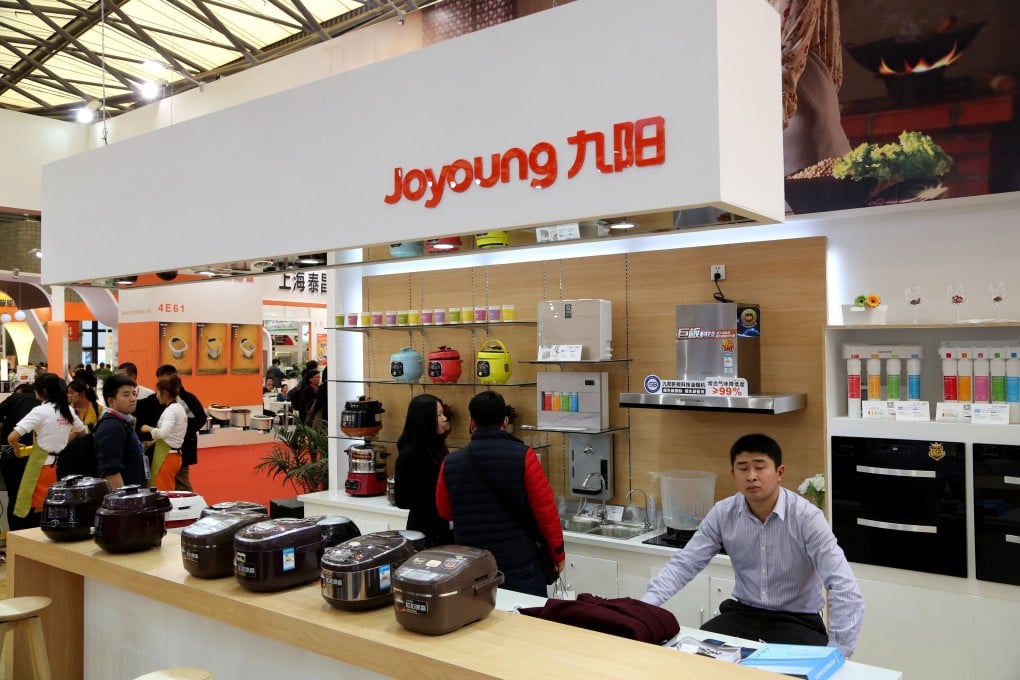Chinese appliance maker braves Trump tariffs with plan to raise US$381.8 million in Hong Kong IPO revival
- Hangzhou-based JS Global manufactures Ninja, Joyoung kitchen appliances and Shark vacuums
- Revised IPO plan seeks lower proceeds than prior attempt in October before it was delayed amid weak market sentiment

JS Global Lifestyle Company, the Chinese appliance maker which gets almost half of its revenue from North America, is pushing ahead with its initial public offering in Hong Kong amid the looming threat of more US tariffs in the coming days.
The Hangzhou-based company plans raise about US$332 million by selling 499.8 million shares at a fixed price of HK$5.20 each, according to a term sheet seen by the South China Morning Post. The proceeds could rise to US$381.8 million if an overallotment of shares is fully exercised. The IPO is expected to price on December 12 and begin trading on December 18, sandwiching the December 15 deadline when more duties could kick in if both sides failed to reach a “phase one” agreement to ease the trade tension.
JS Global sells its appliances such as blenders, food processors, fryers and steam mops through online and offline platforms in China, including Alibaba’s Tmall, JD.com and Walmart China. It also sells directly to consumers in the US, Canada and the UK on its website and through relationships with Walmart, Target and Amazon.com. It also sells robotic and cordless vacuums under the Shark brand after acquiring Massachusetts-based SharkNinja in 2017. North America accounted for 48.9 per cent of its revenue in 2018.
Vacuums and air fryers contributed 25.6 per cent to the group revenue in the first half of 2019, down from 31.8 per cent in all of 2018. These appliances are subject to 25 per cent customs duties in the US. Coffee makers attract a 15 per cent duties, while other products could see additional tariffs if both sides failed to reach a truce by December 15.
The US-China trade war, which has raged for more than a year, has weighed on JS Global’s bottom line, as it sources its finished goods from suppliers in China for sale in the US.
